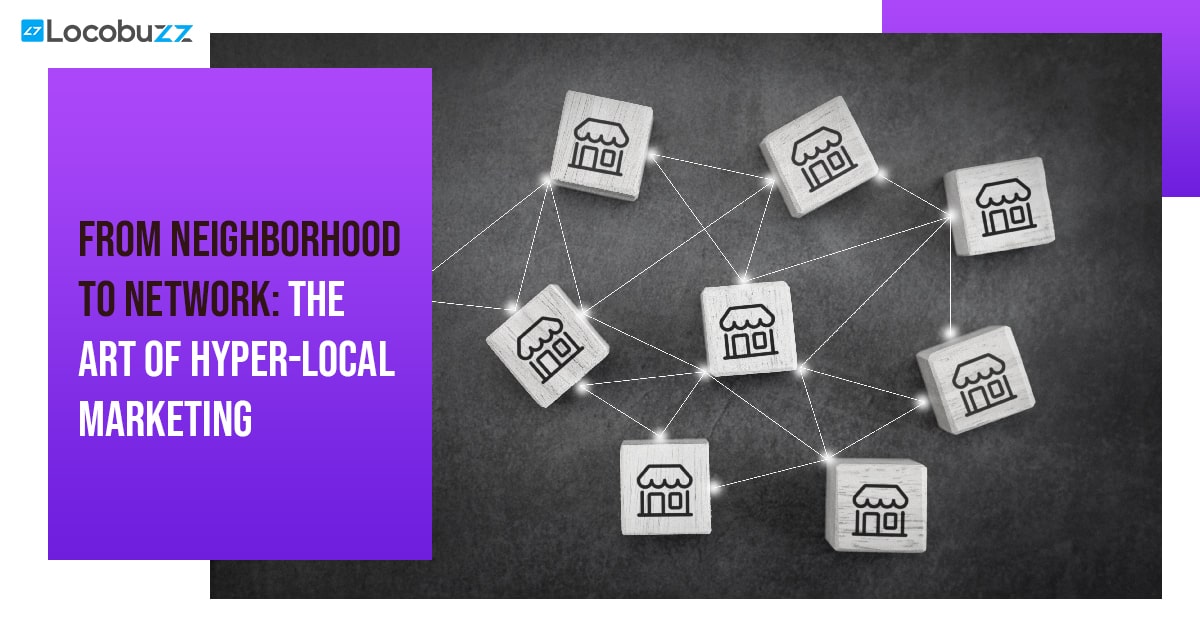Chatbots In 2024: Why They’re More Important Than Ever!

Chatbots: why are they important?
2024 is going to be the year of chatbots as they become the New World Order of Customer Experience.
‘Adaptation’ is the new business philosophy screaming for urgency ever since the coronavirus pandemic. Never before has the global economy surrendered to a fatal occurrence in such a short period of time. While companies and individuals scramble to get hold of the “new normal”, a single moment of truth has borne a meditative realization: The show must absolutely go on!
During a time when it’s critical to ensure economic stability, the rise of automation is more than just a fickle afterthought. 2020 gleefully preponed the illustrious imaginations of cyber-futures and robots taking over our world. The support that was always viewed as the “inevitable future” is as present as it can get.
Chatbots: the new humans
If you’re a brand, a business, or a service, you’re ready to rely on chatbots. COVID-19 has been unforgiving to all industries, but it’s no surprise that some have adjusted well to automation in order to continue a strong relationship between themselves and their customers.
For instance, let’s take the pharmaceutical industry. Healthcare globally has set its focus on dealing with the pandemic. Pharmaceutical services have taken the initiative to bring regular patients, with ongoing treatment and healthcare support, toward hospice support and premed consultations. How? Through automation!
Companies are creating chatbots that help patients with daily needs such as fixing doctors’ appointments, gathering patient information, delivering medicinal supplies, providing health-related query support, and pushing new products and promotions through notifications. Chatbots are doing it all!
Automation has created a system for society to adapt to remote living through constant connectivity. Interestingly, the idea of automation in the medical field was well-received when, in 2018, Sanofi launched a chatbot called NINA to aid patients with mild sleeping disorders. The bot provided round-the-clock responsiveness and sleep-aid recommendations.
The rising future of automation
The novel harmony with which automation is evolving and catering to healthcare globally is admirable. However, it’s also important to note that the biggest challenge in times like these is the upsurge of customer demand. Managing large volumes of queries without physical logistical support is a nightmare. How are industries like BFSI adapting to this?
Many in the industry were quick to adopt bot-support to handle customer needs 24/7 as personal expenses strain against all odds. Customers also need to know that their wealth and investments are being taken off. This has arisen a new demand for Artificial Intelligence and Machine Learning where intelligent conversational abilities are critical to sustaining premium customer experience.
A study says that roughly 40% of users will stop chatting with a bot after FLR and 25% after the second. Yes, BFSI categorizes under primary and basic services, but people also rely on human finesse in times of utmost crisis. Is it possible to do that with a bot? Very much so!
Many BFSI firms are already providing intelligent and seamless bot services to gather data and analytics on changing consumer behavior depending on where their customers are, and how they are being affected. This information enriches the brand’s capabilities to adapt their strategies, and also helps them understand the ROI the bot delivers. For the unprecedented future that lies ahead, brands are using automation to dedicate themselves to providing a wholesome customer experience.
Conclusion: bot a thought!
Human dependency on chatbots is already evolving from a natal stage to a full-blown relationship. The E-commerce industry, for instance, uses bots to retain customer care by leveraging the fact that they are very cost-effective. On the other hand, customers are alright with developing the mentality of depending on a chatbot for meeting their needs.
According to another study, 47% of users are willing to purchase items through a bot, and 71% don’t mind receiving customer care through a messaging app. The beauty of bots is that they can be stationed anywhere the customer chooses to be. Whatsapp has seen an upsurge of customer-to-brand queries to a 40% dependency, from the former 27% only in March 2020. People are chatting, and brands are now listening attentively through chat services!
The final word
Going by the wise words of Winston Churchill, “Never waste a good crisis.” Chatbots do a good deal of damage-reversal in a very understated way. The chatbot business is prophesied to reach $1.23 billion by 2025 with a compounding annual growth hike of 24.3% according to a research report by Sellbrite.
It’s clear that chatbots are here to stay and, in times of empathy, are the best option to act as an extension of the human self.






















